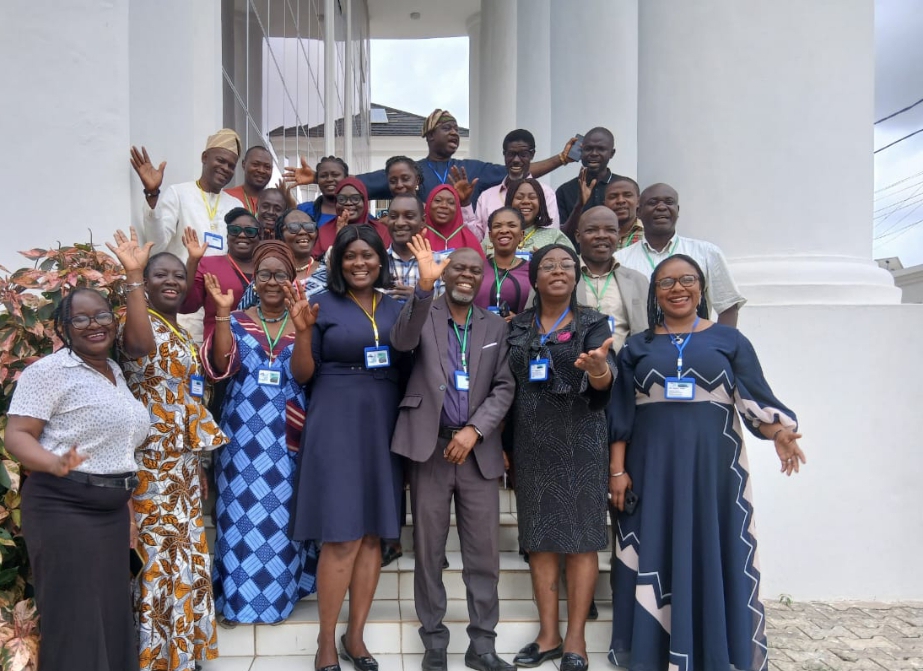Inefficiency, poor coordination affecting Nigeria’s water policies—-Stakeholders
By Suleiman Shehu
Stakeholders have identified inefficiency, poor coordination and monitoring as well as gender inequality as some of the factors affecting various water policies in Nigeria.
They stated this at a Stakeholders Validation Workshop and Capacity Needs Assessment on Integrating Gender in Nigeria’s Water Sector Policies and Governance on Tuesday in Ibadan.
The News Agency of Nigeria (NAN) reports that the workshop was organised by the International Water Management Institute (IWMI).
The workshop was attended by researchers, Non-Governmental Organisation, Civil Society Organisations (CSOs), government officials from Oyo State Women Affairs Ministry, and Ministry of Environment among others.
Ms Sarah Appiah, a Research Officer with IWMI, said that the organisation discovered that various policies within water sector in Nigeria were outdated and need to be reviewed.
Appiah said that the review must integrate gender in water policies in Nigeria and address other socio-economic issues affecting the non-mainstreaming of gender equality in policy formulation.
She said that policies within water sector in Nigeria must have strategic means of addressing some of the challenges to ensure accessibility and availability of water for all and sundry in Nigeria.
Appiah called on governments at various levels in Nigeria to address the noticeable gaps in various water policies in Nigeria and ensure adequate implementation, monitoring and funding.
” They must ensure that their policy design, implementation and monitoring take into consideration some of those challenges and ensure gender commitment at the national level is what is being implemented at the sectoral level.
“If we aim to achieve gender equality then sectoral policies must align with national gender policies to ensure that national commitment towards gender are actually inculcated into sectoral policies within the water sector,” she said.
In her remarks, Dr Adepeju Badmus, an Agricultural Economist at the National Horticultural Research Institute (NIHORT), Ibadan, said that Nigerians, especially women, were facing huge challenges with respect to access to water.
Badmus said that women in Nigeria need water especially during their menstrual period and child bearing and it was a challenge when potable water was not easily accessible and available.
According to her, water is essential and critical in the life of both men and women, but women suffer more when it’s not accessible and availabile.
She underscored the need for government to mobilise resources to tackle the challenges.
Also, Mr Adegoke Ayodele, a Director at the Oyo State Rural Water Supply and Sanitation Agency (Oyo RUWASSA) said access to potable water was still a challenge in the state and government would continue to do its best to address the challenges.
In her comment, Mrs Shontonwa Roagess, Director Quality Control, Oyo State Water Corporation, said policies of government especially on water must be effectively implemented and women mobilised in its implementation.
Roagess said that making potable water available in the state still remained a challenge, “but the the corporation intends to do more in making water available to all.”
Highlight of the programme was an overview of policy innovation initiative and summary of flagship report policy coherence given by Dr Charity Osei-Amponsah of IWMI. (NAN)(www. nannews.ng)
Edited by Bayo Sekoni




